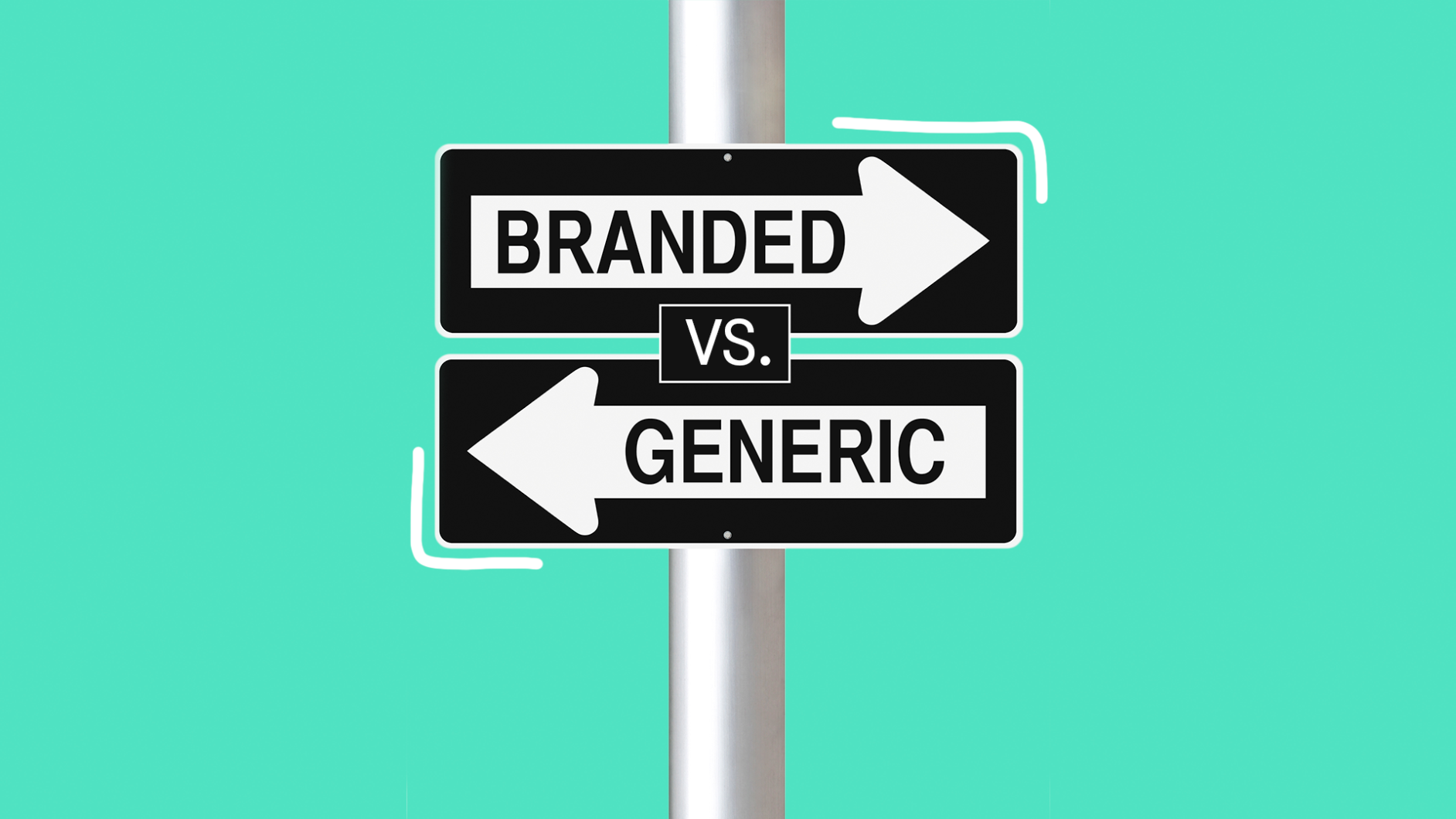Generic vs. Brand Name Medications: Understanding the price differences and how to choose
When you visit the pharmacy to fill a prescription, you might have noticed that there are often two options for medication: generic and brand name. While both types of medication are designed to treat the same conditions, there can be a significant price difference between the two. In this blog, we will explore the differences between generic and brand name medications and help you understand how to choose the right option for you.

What are Generic Medications?
Generic medications are created to be identical copies of brand name medications. These medications have the same active ingredients, dosage form, strength, and route of administration as their brand name counterparts. However, generic medications are typically less expensive than their brand name equivalents because they are not subjected to the same development and marketing costs as brand name medications.

Are Generic Medications Safe?
Yes! The FDA requires that generic medications meet the same quality and safety standards as brand name medications. The FDA also conducts rigorous testing to ensure that generic medications are as safe and effective as their brand name counterparts.
Why are Brand Name Medications More Expensive?
Brand name medications often cost more than generic medications because of the costs associated with developing and marketing a new drug. Pharmaceutical companies invest a lot of money into research and development, clinical trials, and marketing campaigns to bring a new drug to market. These costs are then reflected in the price of the medication.
How to Choose Between Generic and Brand Name Medications When choosing between generic and brand name medications, there are several factors to consider. Here are some things to keep in mind:
In conclusion, when it comes to choosing between generic and brand name medications, both options are safe and effective. The decision ultimately comes down to cost, availability, and personal preference. By working with your doctor or pharmacist, you can make an informed decision that meets your healthcare needs and budget.
Leave a comment